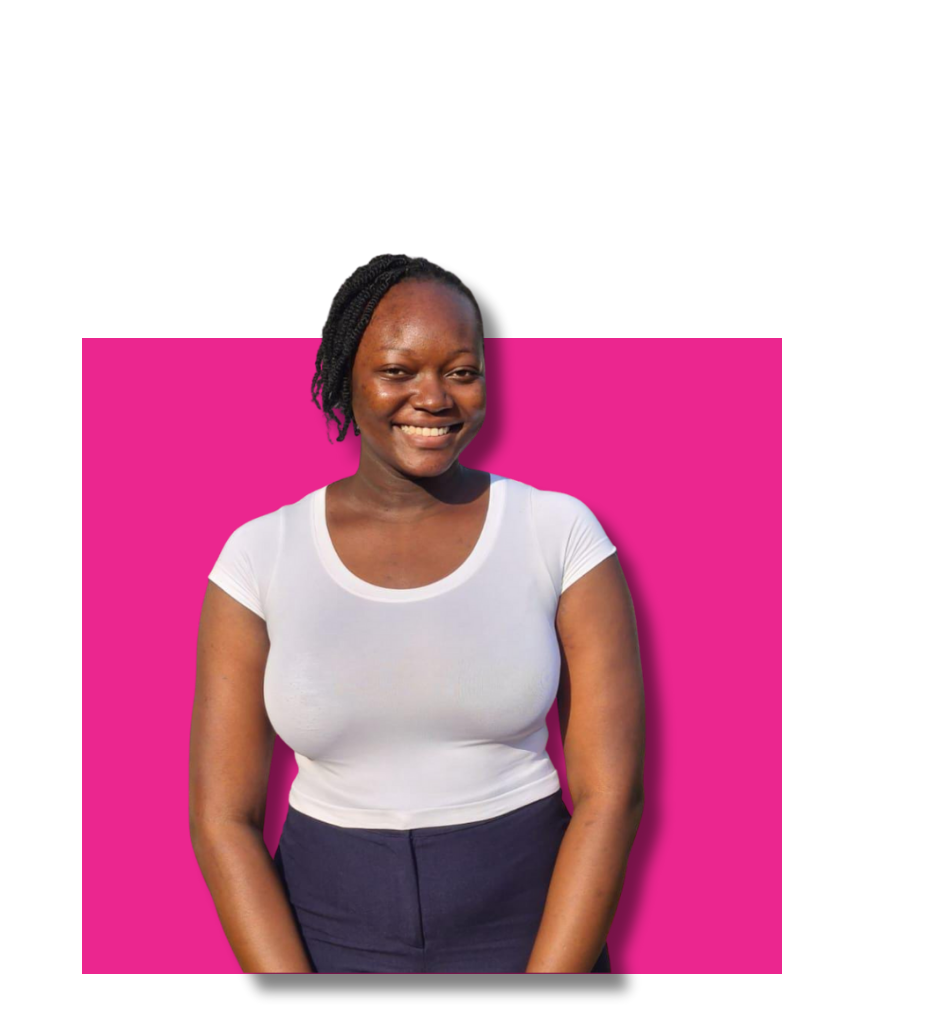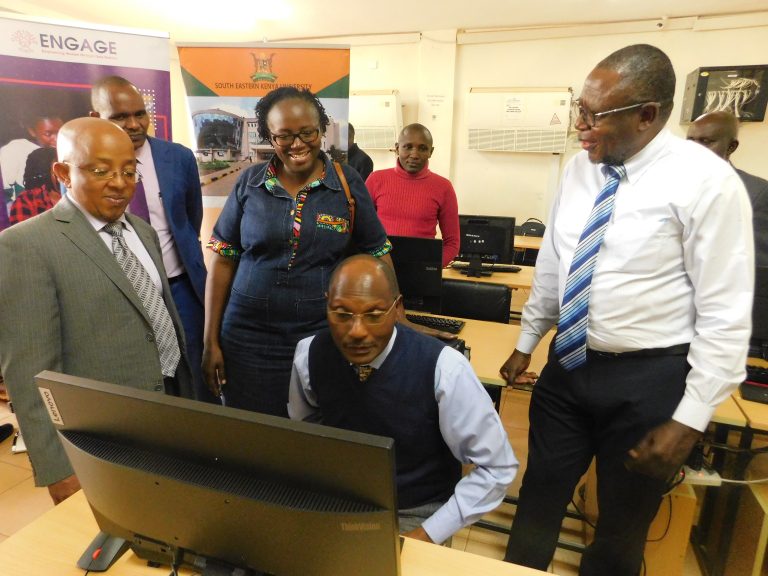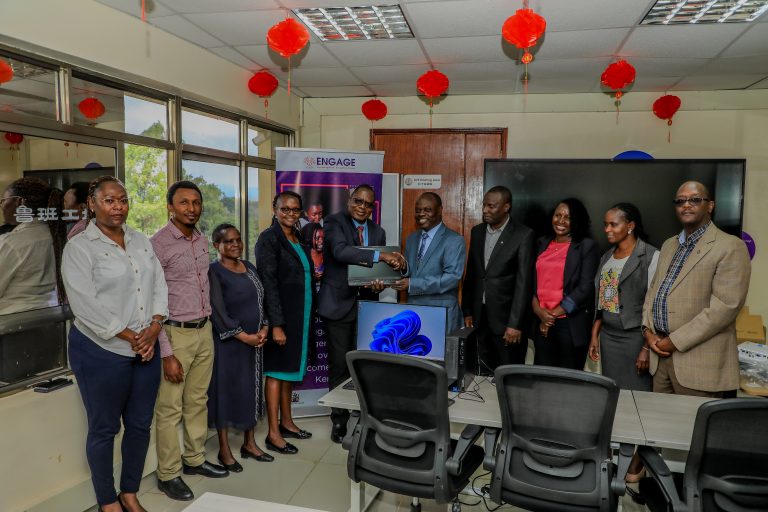Annah Wanjiru Ndono, Nairobi County.
During my ENGAGE training, I worked on a project focused on predicting the risk of preeclampsia in pregnant women using machine learning. The goal was to support early
detection and intervention, especially in low-resource settings where many women don’t receive adequate antenatal care. This project was inspired by real-life stories of maternal deaths that could have been prevented with timely diagnosis.
Preeclampsia is persistent high blood pressure that develops during pregnancy or the postpartum period and is often associated with high levels of protein in the urine OR the new development of decreased blood platelets, trouble with the kidneys or liver, fluid in the lungs, or signs of brain trouble such as seizures and/or visual disturbances – Preeclampsia Foundation
The public health problem I aimed to solve was maternal mortality still a leading cause of death in Kenya. By using AI to analyze routine patient data, we could identify high-risk pregnancies early and assist healthcare workers in prioritizing care. Since then, I’ve continued exploring how AI can improve lives. I’m currently working on a diabetes management app that uses AI to help patients track their blood glucose, receive personalized insights, and predict dangerous fluctuations. This project is inspired by the increasing number of diabetes cases in my community, many of which go unmanaged due to limited access to continuous care and education. The app aims to empower patients with the tools they need to take control of their health, even when healthcare facilities are far away.
It reflects my belief that technology should bring care closer to people, not the other way around. These experiences have reshaped how I approach public health problems. AI allows me to imagine solutions that are scalable, inclusive, and preventative and not reactive.
…and that’s why I appreciate AI




